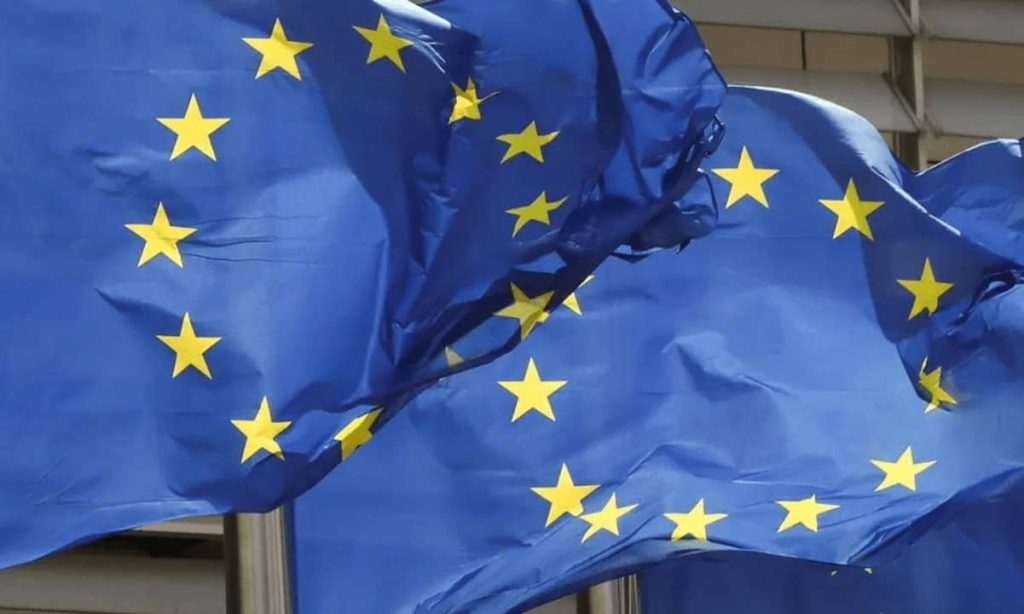Join Our Telegram Group
The European Commission has launched an initiative to develop a comprehensive vision for emerging virtual worlds, such as metaverses, while prioritizing the protection of digital rights and adherence to EU laws and values. The primary objective is to create virtual environments that are open, interoperable, and innovative, allowing users to engage safely and confidently. This initiative, informed by input from a citizens’ panel, aims to outline the vision, address opportunities and societal challenges, and announce forthcoming implementation measures.
Under the category of the Commission Work Programme, the initiative falls within the digital economy and society domain, specifically focusing on the call for evidence. The feedback period for this initiative was open from April 5, 2023, to May 3, 2023, midnight Brussels time. Stakeholders and interested parties were invited to provide their valuable input regarding the development of virtual worlds.
The European Crypto Initiative (Belgium), a non-governmental organization (NGO), recognizes the significance of this initiative for Europe. As the continent strives to catch up with other jurisdictions in harnessing the benefits of Web1 and Web2 innovation, it becomes crucial to establish regulations governing transformative technologies like artificial intelligence (AI), blockchain, and quantum computing. Virtual worlds have emerged as a powerful force in the global digital landscape, bringing about significant implications for the economy, society, and overall digital transformation.
Alastria (Spain), a prominent business association, submitted its vision for openness, safety, and respect in the development of virtual worlds to the European Commission’s call for evidence. Alastria warmly welcomed the opportunity provided by the Commission’s initiative to share initial views on the challenges and opportunities associated with virtual world development in Europe. They emphasized the importance of upholding digital rights and complying with EU laws while leveraging the potential of virtual worlds to drive innovation and growth.
The LEGO Group (Denmark), a renowned company in the toy industry, also participated in providing feedback to the European Commission. The LEGO Group acknowledged the significance of recognizing children as distinct users and content creators within virtual worlds. They emphasized the need for child-centric design principles in the development of the next wave of digital innovation, promoting children’s rights and well-being.
The European Commission’s adoption of this initiative signifies its commitment to fostering a forward-looking approach to virtual world development. By engaging with various stakeholders and soliciting their feedback, the Commission aims to ensure that emerging virtual worlds align with European values and principles. This comprehensive vision will contribute to the creation of safe, inclusive, and innovative virtual environments that can be effectively utilized by the public and businesses alike.
In conclusion, the European Commission’s initiative to develop a vision for emerging virtual worlds represents a significant step towards establishing a regulatory framework that safeguards digital rights and promotes compliance with EU laws and values. By encouraging open and interoperable virtual worlds, the Commission aims to create environments that inspire confidence and allow for safe exploration and utilization. With the active involvement of stakeholders, including NGOs, business associations, and companies like The LEGO Group, this initiative seeks to shape the future of virtual world development in Europe, ensuring it aligns with the needs and aspirations of its citizens.

